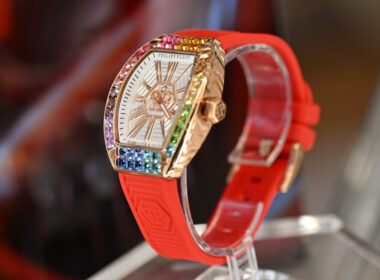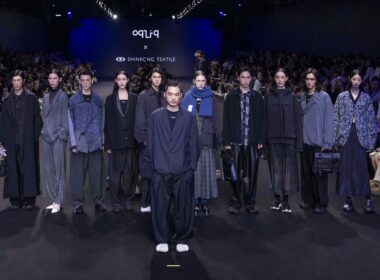Ponmo Consumption vs. the Global Leather Market
Who could have thought that some of the ‘limited editions’ and exclusives by the world-class fashion brands were made from leathers produced in local tanneries in Nigeria? Well, leather is a significant industry in Nigeria and one of the country’s hidden treasures. According to reports, Nigerian leather ranks third in the world.
The Leather Headquarters
The city of Kano is the largest centre for leather production in the country. The leather industry in Kano has a rich history that dates back centuries. Techniques and methods that have been perfected and modified over the decades and transferred down the generations make artisans in Kano the best people in the craft. The process is unique, and it distinguishes Nigerian leather from others around the world. Why else would brands travel across several seas and mountains just for these pieces of animal skin? The animal skins and hides are treated with chemicals and organic substances, including pigeon poop, to achieve high-quality, flexible, and durable product.
Between Ponmo and Leather

Nigerians love their ponmo. Pommo is basically cow or ram skin, ridden with fur, and processed to be eaten. Ponmo is in high demand in Nigeria’s food markets because of the flavour it adds to traditional Nigerian soups. Certain soup recipes would be incomplete without the addition of ponmo. Ponmo is always available in the market; there has never really been a recorded scarcity in the market, and it is very affordable.
There have been arguments that ponmo has greatly shortchanged Nigeria in the global leather market due to its high rate of consumption and that it should be banned. Banning ponmo would mean the availability of more raw materials for the leather industry. For Nigerians who are yet to know what leather means, this would only come as an unjustified punishment, but knowing and understanding the value of what they eat might birth new ideas and perspectives. Despite the high consumption of ponmo, Nigeria has been able to make a name for itself in the global leather market. Catch up with Lagos Leather Fair 2023: A Dazzling Showcase Of African Creativity.
Opportunities
By 2025, the leather industry is projected to generate at least 1 billion dollars. Although Europe and Asia remain the highest buyers of Nigerian leather, there exists a community of brands that produce a wide range of leather products in Nigeria, including bags, clothes, shoes, wallets, and belts. Platforms like social media and the Lagos Leather Fair have become tools to enlighten and educate Nigerians about their untapped treasure and the existing market. The industry has not reached its full potential due to capacity factors, funding, and management. The industry provides opportunities for young people to learn the craft, and it is a green pasture open to investments and creatives. As there is no end to creativity, there are no bounds to discovery. Innovations can still be made with leather.










